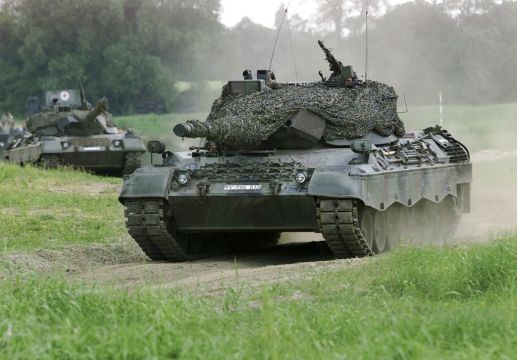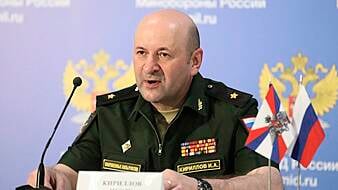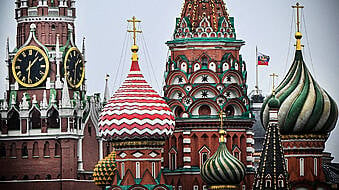Ukraine could add old Leopard 1 battle tanks from German defence industry stocks to deliveries of modern tanks that Berlin and other governments pledged last week to counter Russian forces in the war.
German government spokesman Steffen Hebestreit confirmed on Friday that “export authorisation has been granted” but declined to give numbers or other details, saying they may become more concrete “in the coming days and weeks”.
He told reporters in Berlin the application from industry to permit delivery of Leopard 1 tanks was made “some time” ago.
Mr Hebestreit’s comments came after the daily newspaper Sueddeutsche Zeitung said the government had cleared the export of the tanks and they could be sent as soon as the defence industry gets them in working order.
It said two companies, Rheinmetall and FFG, want to prepare dozens of Leopard 1 tanks which could be delivered to Ukraine if it is interested.
But it also said there are issues so far with securing sufficient ammunition for the vehicles.
It was not immediately clear when any deliveries might be possible – but it appeared unlikely to be a quick process.
The Leopard 1, made between the mid-1960s and the mid-1980s, was the first battle tank built for West Germany’s Bundeswehr.
The German military has not had any of the tanks since 2003, Defence Ministry spokesman Arne Collatz said.
Germany last week agreed to send 14 modern Leopard 2 A6 tanks from its military’s current stocks.
Several other European countries have equipped their armies with Leopard 2 tanks and Germany’s move — which followed weeks of mounting pressure to supply battle tanks — meant they also can give some of their stocks to Ukraine.
The United States said it will send 31 M1 Abrams tanks, while UK Prime Minister Rishi Sunak has pledged to send around 14 Challenger 2s.
Ukraine’s ambassador to Germany, Oleksii Makeiev, welcomed Friday’s announcement from Berlin.
“After the historic decision last week on the Leopard 2, it is an important signal that the tank coalition has not just been formed by the western partners but is increasing and becoming stronger,” he told German news agency dpa.
He said “we have no time to lose.”







